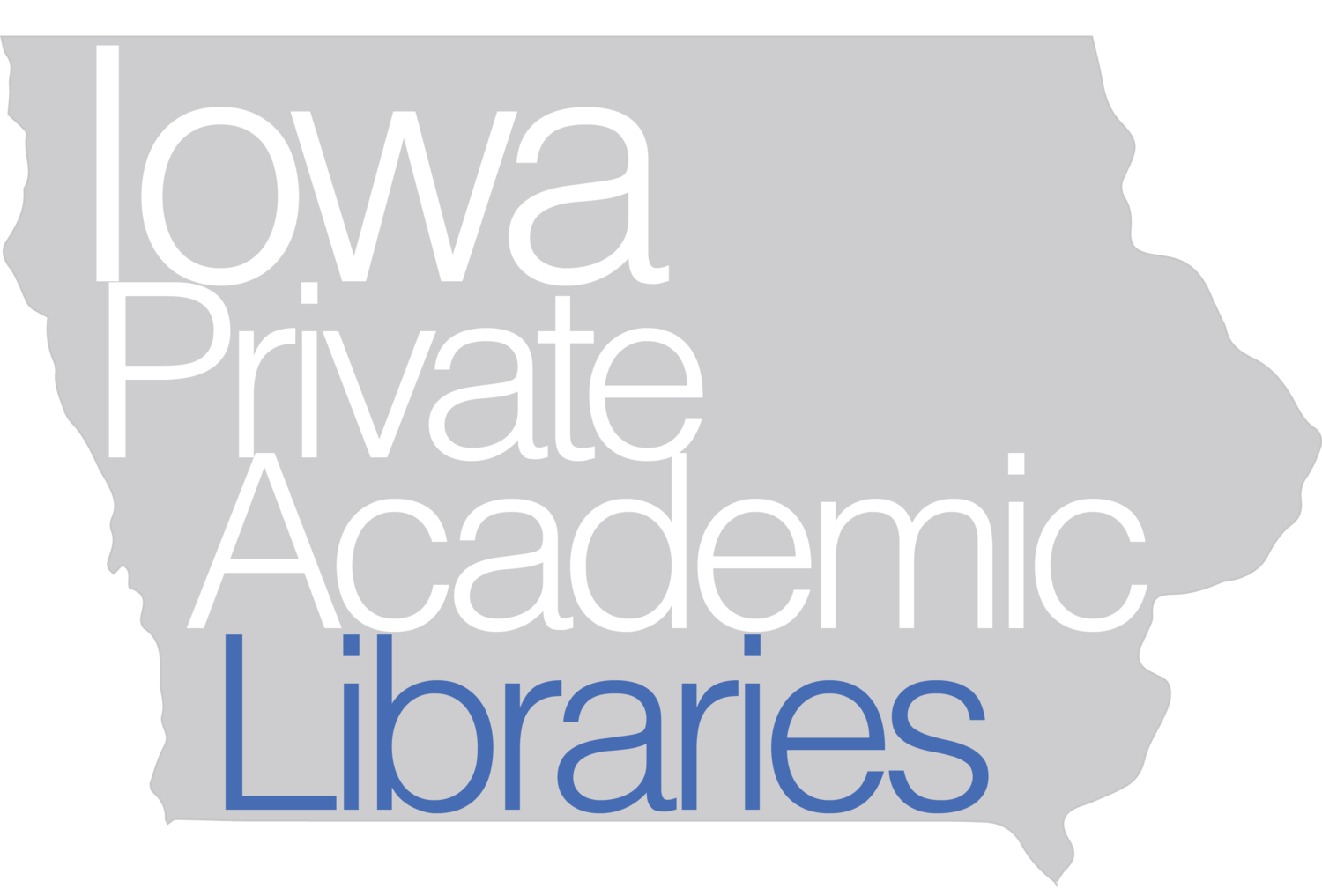| Evaluation Criteria |
Excellent (5 pts) |
Adequate (3 pts) |
Needs Improvement (1 pt) |
| Objectives |
The proposal’s objectives are well-defined and articulated. Reflection on what is needed to successfully implement the OER is evident. |
The proposal’s objectives are adequately defined. Reflection on the project’s needs is present but not extensive. |
The proposal’s objectives are listed but not clear or otherwise lacking. |
| Impact |
The proposal clearly and convincingly articulates how using OER will have a significant impact on their class. |
The proposal makes a convincing argument that using OER will have some impact on their class, but lacks detail. |
The proposal’s argument that OER could have an impact on the applicant’s class is not strong. |
| Plan for timeline |
The proposal’s timeline for development and implementation of the OER is feasible, well-documented, and includes plans to implement the resource in the next academic year. |
The proposal’s timeline for development and implementation of OER is feasible, but sparsely documented or unable to be fulfilled in the next academic year. |
The proposal’s timeline is confusing, not feasible, or otherwise needs improvement to convey the proposal’s intent. |
| Plan for assessment |
The proposal clearly and
distinctly argues for the
effectiveness of their chosen OER and states how its impact on their course goals will be assessed. |
The proposal states how assessment of OER and student outcomes will be achieved, but some detail or clarity is missing. |
The proposal’s plan for assessment lacks clarity, purpose,
or one of its major components(i.e. it contains a proposal for
assessment of materials but no plan for assessing class outcomes). |
| Cost savings |
The combination of previous textbook costs, student enrollment, and frequency this course is taught means that the implementation of OER could create extensive cost savings for students. |
The combination of previous textbook costs, student enrollment, and frequency this course is taught means that the implementation of an OER could create some cost savings for students. |
N/A |
| Diversity, Equity, and Inclusion |
The proposal clearly demonstrates a commitment to including diverse perspectives, serving populations disproportionately affected by textbook costs, and making the resource accessible to all students, including those with disabilities. |
The proposal addresses the need to include diverse perspectives, serve populations disproportionately affected by textbook costs, and make the resource accessible to all students, including those with disabilities, but lacks clarity on how this will be accomplished. |
The proposal minimally addresses the need to include diverse perspectives, serve populations disproportionately affected by textbook costs, and make the resource accessible to all students, including those with disabilities. |
| Feasibility |
The proposal provides a compelling rationale for the type of OER chosen and the proposed budget. |
The proposal provides a compelling rationale for the proposed budget and for the type of OER chosen, but the justification is not clearly articulated. |
The proposal lacks clarity and/or rationale for their OER choice and proposed budget. |
